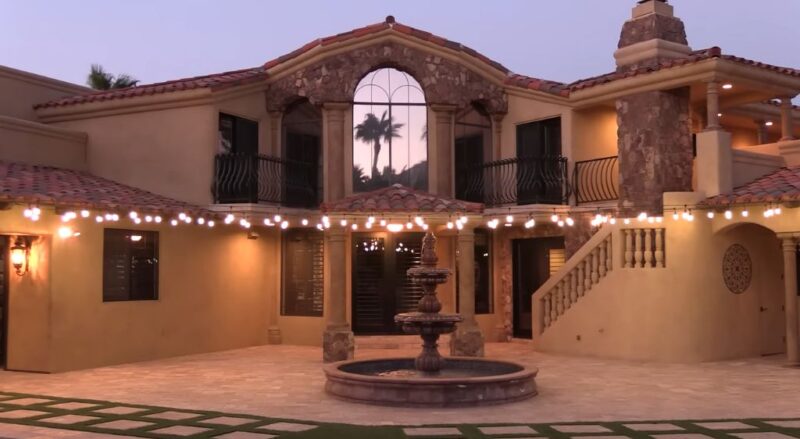As a someone who has spent countless hours exploring the beauty of outdoor spaces, I’ve recently become fascinated by the glow of outdoor solar string lights. These twinkling gems are not just a pretty sight; they represent a blend of technology and nature that’s capturing the hearts of garden enthusiasts everywhere.
Outdoor solar string lights are a series of LED bulbs connected by a wire, powered by solar energy. They’ve become increasingly popular in gardens, patios, and outdoor events, thanks to their eco-friendly features. With the world leaning towards sustainable solutions, they are a bright idea for those looking to add a magical touch to their outdoor spaces without harming the environment.
Fun Fact: Did you know that the first solar cell capable of converting sunlight into electricity was invented way back in 1883 by Charles Fritts? It’s amazing to see how far we’ve come!
Components
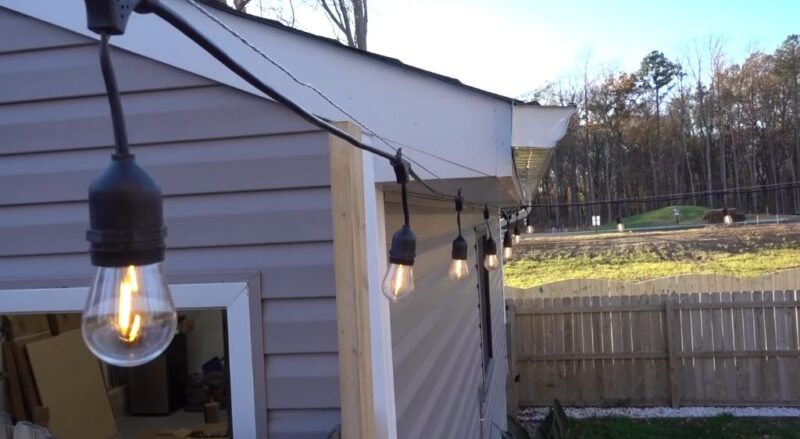
Outdoor solar string lights are made up of several key components, each playing a vital role in their functionality. Let’s take a closer look:
- Solar panels: These are responsible for absorbing sunlight and converting it into electricity. The energy harnessed by the solar panels is what powers the lights.
- Rechargeable batteries: These store the generated electricity for later use, ensuring that the lights can still shine even when the sun has set.
- LED bulbs: Known for their low power consumption, LED bulbs provide the illumination, adding a warm glow to any outdoor setting.
- Control unit: This manages charging, illumination, and other functionalities, acting as the brain of the system.
| Component | Function | Example |
| Solar panels | Absorbing sunlight and converting it into electricity | Monocrystalline |
| Rechargeable batteries | Storing the generated electricity for later use | NiMH |
| LED bulbs | Providing illumination with low power consumption | Warm White LED |
| Control unit | Managing charging, illumination, and other functionalities | Microcontroller |
The Working Mechanism

The magic begins with the photovoltaic effect, where sunlight is converted into electrical energy. The types of solar panels used in outdoor solar string lights include monocrystalline, polycrystalline, and thin-film. Each type has its unique characteristics and efficiency levels.
The role of rechargeable batteries is crucial in storing the harvested solar energy. Various battery types like NiMH, NiCd, Li-ion, and LiFePO4 are used, each with different capacities and lifespans.
LED technology has revolutionized energy efficiency in lighting. Outdoor solar string lights often come with automatic activation features, using ambient light sensors to turn on as the evening sets in.
Microcontrollers regulate charging and lighting patterns, while overcharge/discharge protection mechanisms extend the battery lifespan. The control unit ensures that everything runs smoothly, providing a seamless experience for the user.
Installation and Maintenance Tips
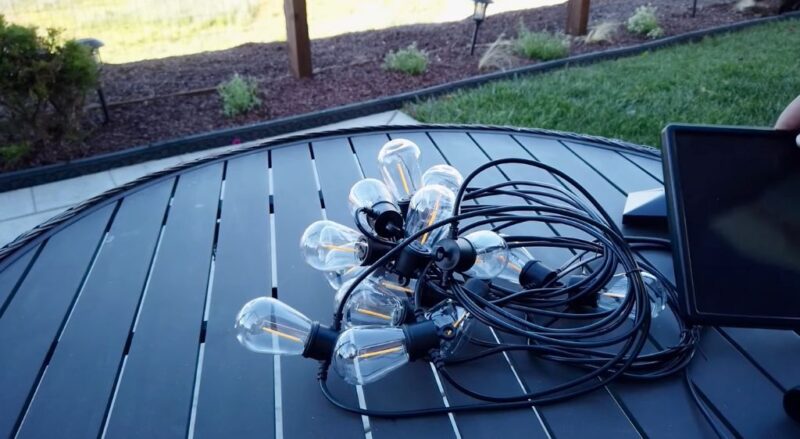
As someone who has spent time in gardens both big and small, I can tell you that the installation of outdoor solar string lights is a breeze! Here’s how you can ensure optimal performance:
- Optimal placement of solar panels for maximum sunlight exposure: Position the solar panels where they can receive direct sunlight for most of the day. Avoid placing them under shadows or obstructions.
- Maintenance guidelines for long-lasting performance: Regularly check the wires, bulbs, and batteries to ensure they are in good condition.
- Cleaning and protecting solar panels from dust and debris: A simple wipe with a damp cloth can keep the solar panels clean and efficient.
Fun Fact: Solar panels don’t need scorching hot weather to work efficiently. They can generate electricity even on cloudy days, although at a reduced rate!
Advantages
Outdoor solar string lights are more than just decorative; they offer several significant benefits:
- Environmentally friendly and sustainable energy source: By harnessing the sun’s energy, these lights reduce the reliance on fossil fuels, contributing to a greener planet.
- Cost-effectiveness and reduced electricity bills: Once installed, the running costs are minimal, leading to savings on energy bills.
- Easy installation and flexibility in placement: With no need for electrical wiring, you can place them anywhere you like, be it a tree, fence, or along a pathway.
Limitations and Considerations
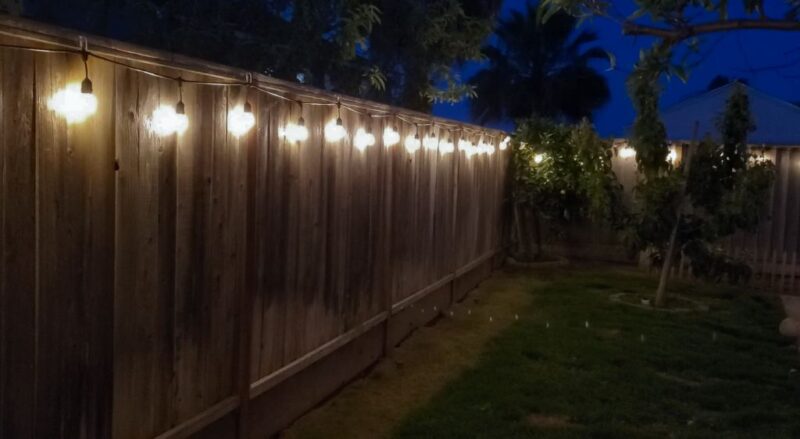
While outdoor solar string lights are indeed a marvel, there are some limitations and considerations to keep in mind:
- Dependency on sunlight: Performance may vary during cloudy or rainy days, affecting the light intensity and duration.
- Light intensity and duration based on battery capacity: The brightness and how long the lights stay on depend on the battery’s capacity and the amount of sunlight absorbed.
- Seasonal variations and geographic location affecting efficiency: Winter months and locations with less sunlight may require adjustments in placement or additional maintenance.
Innovations and Advancements
In the ever-evolving world of garden technology, outdoor solar string lights are no exception. Innovations include:
- Integration of smart technology for remote control and automation: Control your lights from your smartphone or set automated schedules.
- Battery and solar panel efficiency improvements: New technologies are enhancing the efficiency of solar panels and batteries, making them more effective and long-lasting.
FAQ
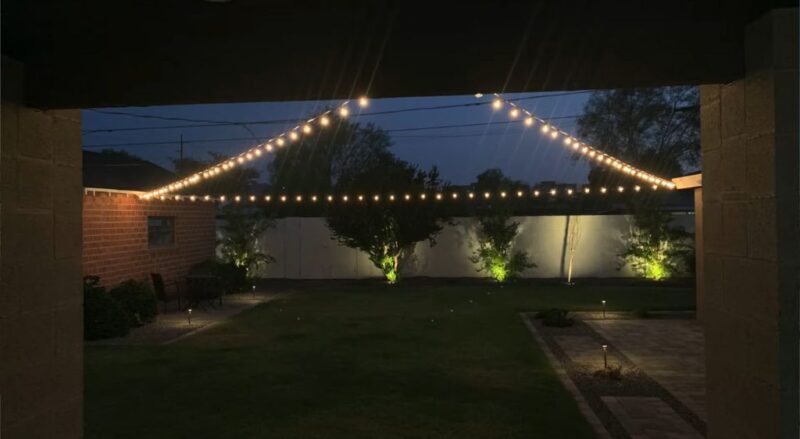
How long do outdoor solar string lights last?
LED bulbs and rechargeable batteries typically last for several years, depending on usage and maintenance.
What is the charging time for solar string lights?
Factors such as solar panel wattage and sunlight exposure affect charging time, usually ranging from 4 to 8 hours.
Can I use solar string lights indoors?
While designed for outdoor use, they can be used indoors if the solar panel is placed near a window with sufficient sunlight.
How do I store solar string lights during the winter?
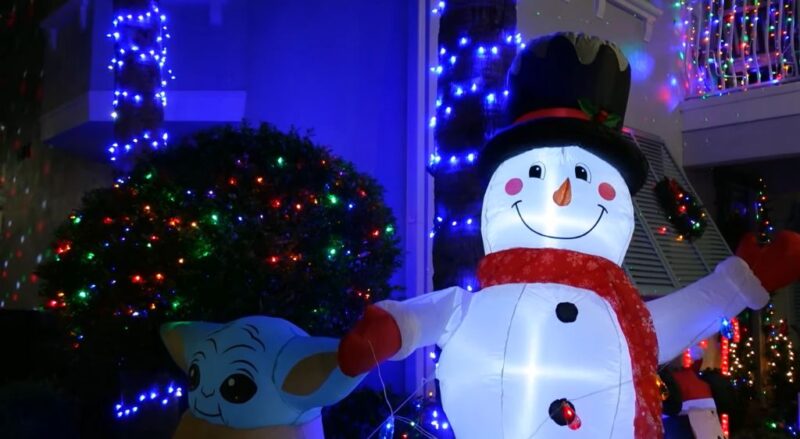
Proper storage includes keeping them in a dry place and occasionally charging the batteries to preserve life.
Are outdoor solar string lights waterproof?
Most are designed with water-resistant features, but understanding the IP ratings will ensure you choose the right ones for your needs.
Conclusion
As we reach the end of this illuminating journey, I hope you’ve found a new appreciation for outdoor solar string lights. From their working principle to their benefits and even their limitations, these lights are a testament to human ingenuity and our connection with nature.
I encourage you to embrace these eco-friendly lighting solutions and add a touch of magic to your outdoor spaces.
